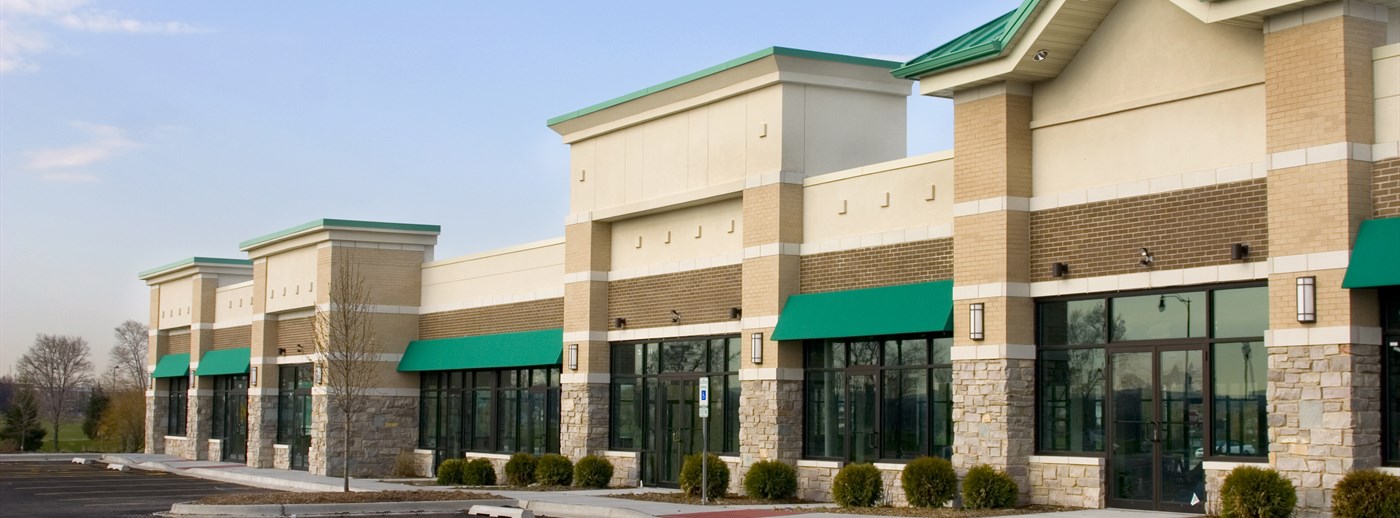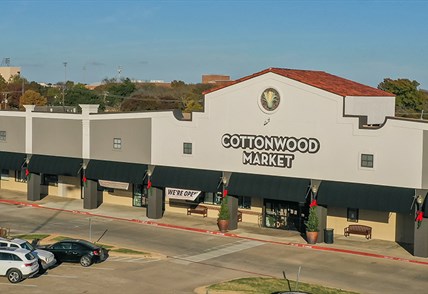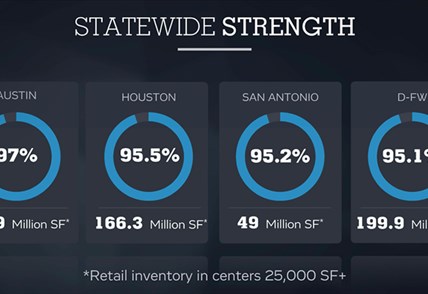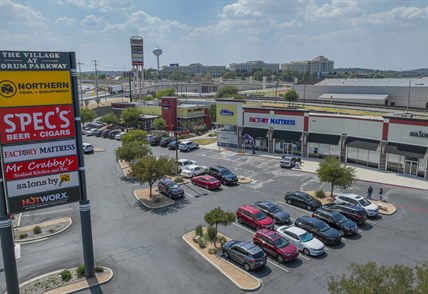By Herb Weitzman, Executive Chairman, Weitzman
DALLAS— Without a doubt, the grocery store category is as strong as it’s ever been in Dallas-Fort Worth. During the course of this year and the next, we’re seeing new locations from H-E-B, Joe V’s Smart Shop, Kroger, Tom Thumb, Walmart, Sprouts, Target, Costco and more.
But the largest unanswered question facing the D-FW retail market concerns the Kroger Co.-Albertsons Companies merger, most specifically its list of almost 600 stores to be divested in an effort to address monopoly concerns of federal and state antitrust regulators. The divestiture list includes 26 stores in D-FW.
There is still a chance that federal authorities block the merger. But to satisfy regulators’ requirements, the two companies have entered into an agreement with C&S Wholesale Grocers, LLC, whereby C&S would acquire and operate the divested stores if the merger is approved. C&S is one of the largest grocery wholesalers in the country, and also operates corporate grocery stores under one of its brands.
C&S has a proven track record and successful history. If the merger is approved and C&S does end up operating stores here, they should do well, especially if they start with a strong merchandising and marketing plan tailored to succeed in the highly competitive North Texas grocery market.
But no doubt they will also be paying attention to the lessons learned during the previous store divestitures that resulted when Albertsons and Safeway merged in 2014.
Here in D-FW for example, Minyard Food Stores acquired a dozen of the Albertsons and Tom Thumb stores, rebranding them as Sun Fresh Market stores. In markets like California, the Haggen grocery store chain acquired 146 stores in the divestiture required by the 2014 merger and operated them as Haggen Food & Pharmacy locations.
Both Minyard and Haggen struggled to make the newly acquired locations work, and it wasn’t long before both chains were closing stores. Haggen still operates 15 locations in Washington state, but Minyard ended up going out of business.
One thing to note. The current divestiture list in D-FW includes 26 stores, and the great majority are in strong Class A locations in excellent submarkets like Allen, Arlington, Frisco, McKinney, Rockwall, Trophy Club and the like. The stores range in size from 52,000 to 80,000 square feet, coming in at an average footprint of 59,460 square feet. And the newest of these stores came online only a few years ago, and the older stores all have benefited from remodeling and modernization programs.
Together, these 26 locations incorporate a total of just over 1.5 million square feet, or about three quarters of a percent of D-FW’s total inventory.
All things being the same, if worst came to worst and all of these locations closed, they would have limited impact and drop the overall market occupancy to 94.4 percent.
While that would be a blip in terms of the effect on occupancy, these potential closures would have a negative impact on their neighborhoods and their communities. These stores represent the places where a lot of people shop, and they have extremely loyal followers. The city leaders in the communities that would be affected if these closures happen are aware of that, and we know of some who already are looking into contingency plans.
But the worst-case scenario in a strong retail market like D-FW’s is truly not so bad. These are great locations in areas of strong incomes and growth, and if some or all of these stores go dark at some point, chances are they will soon find new, strong operators.
This Insight originally ran in D CEO Magazine.




